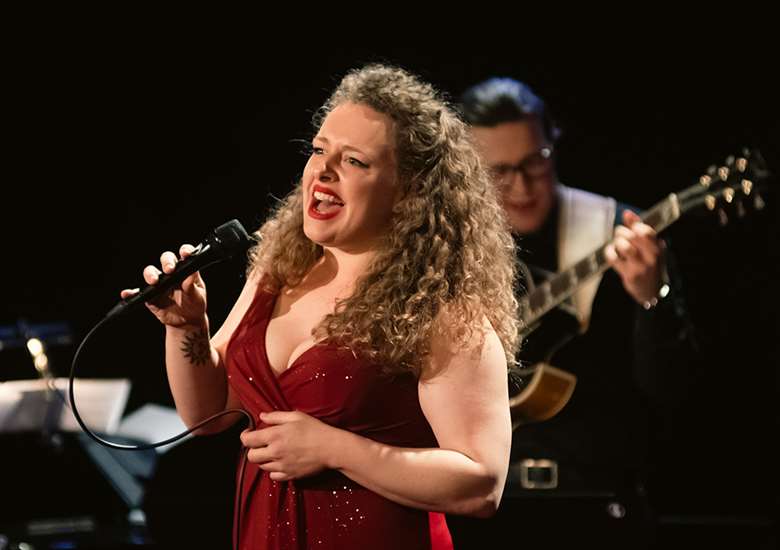Louise Balkwill, Domo Branch and more dazzle on the Riga Jazz Stage
Kevin Le Gendre
Tuesday, April 19, 2022
Kevin Le Gendre reports back from this lively jazz gathering in Latvia


Register now to continue reading

Thank you for visiting Jazzwise.co.uk. Sign up for a free account today to enjoy the following benefits:
- Free access to 3 subscriber-only articles per month
- Unlimited access to our news, live reviews and artist pages
- Free email newsletter